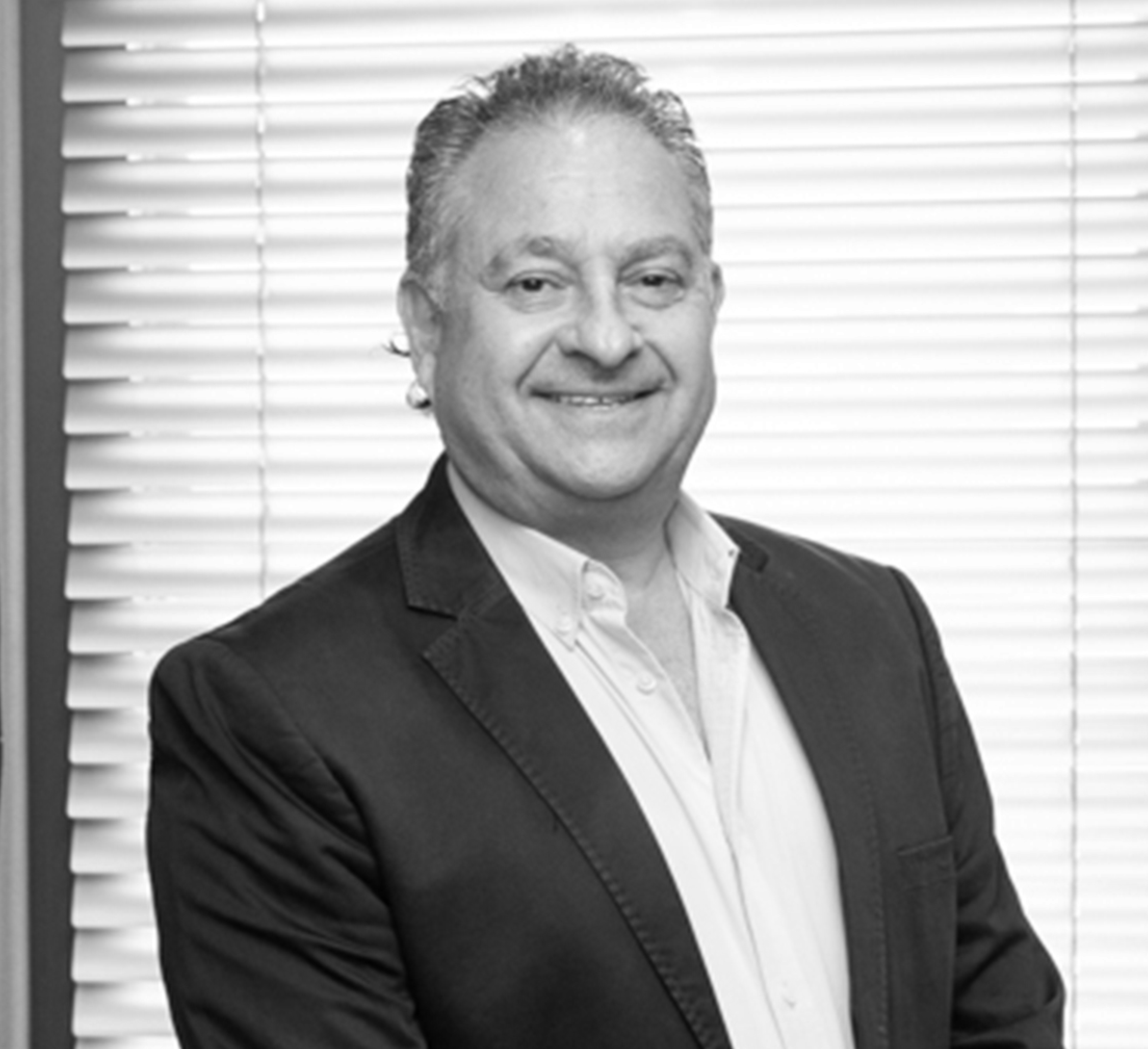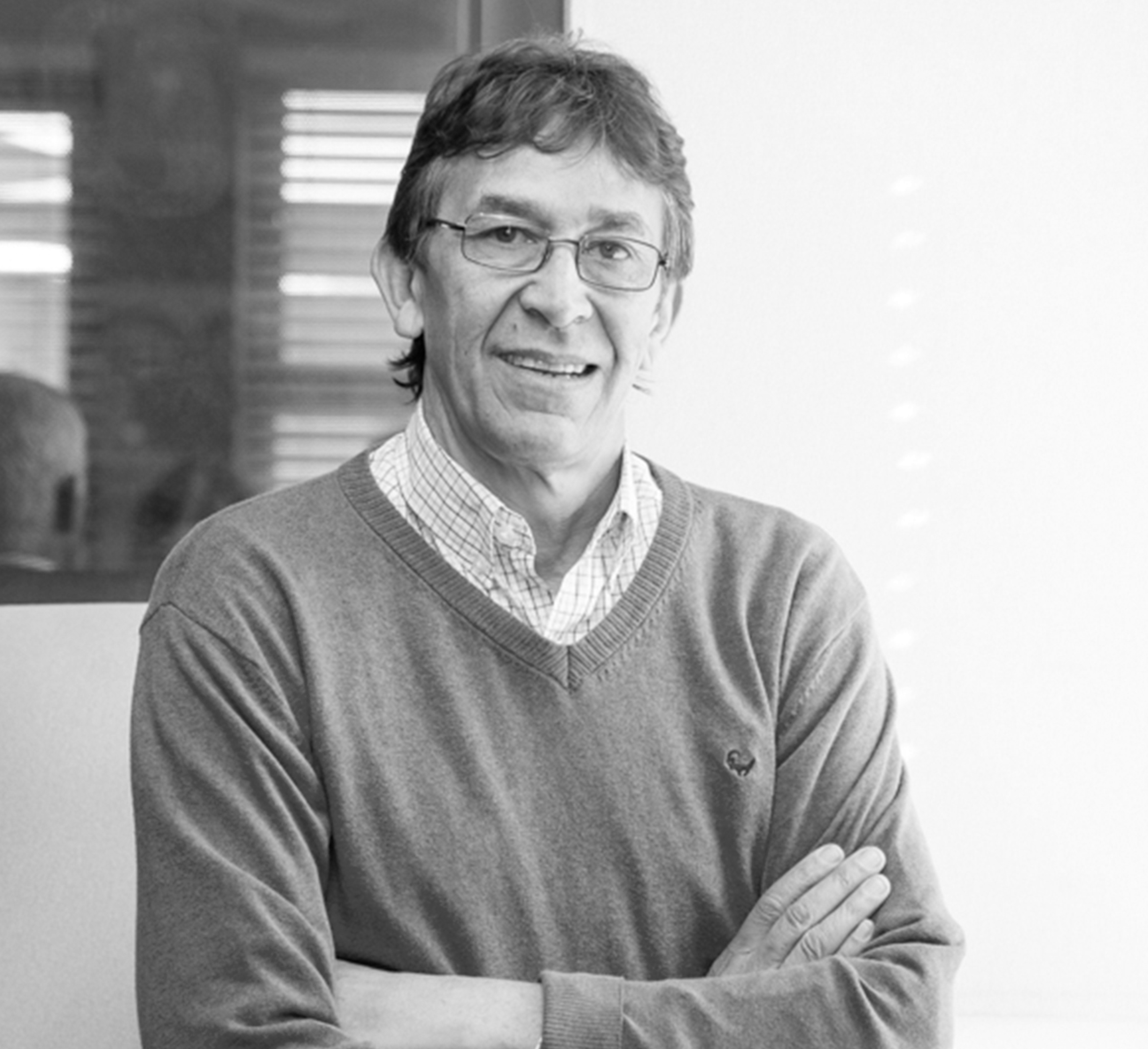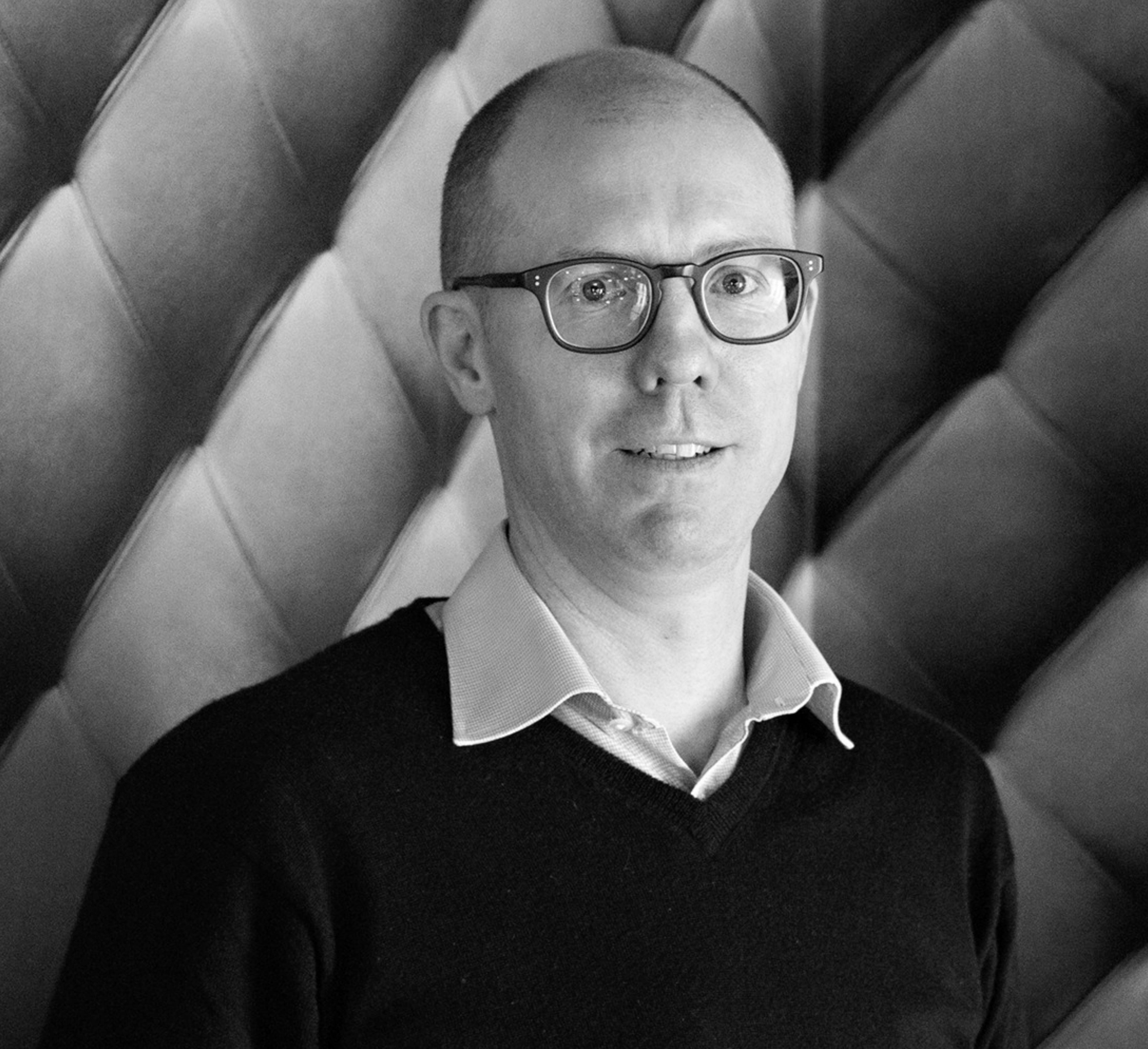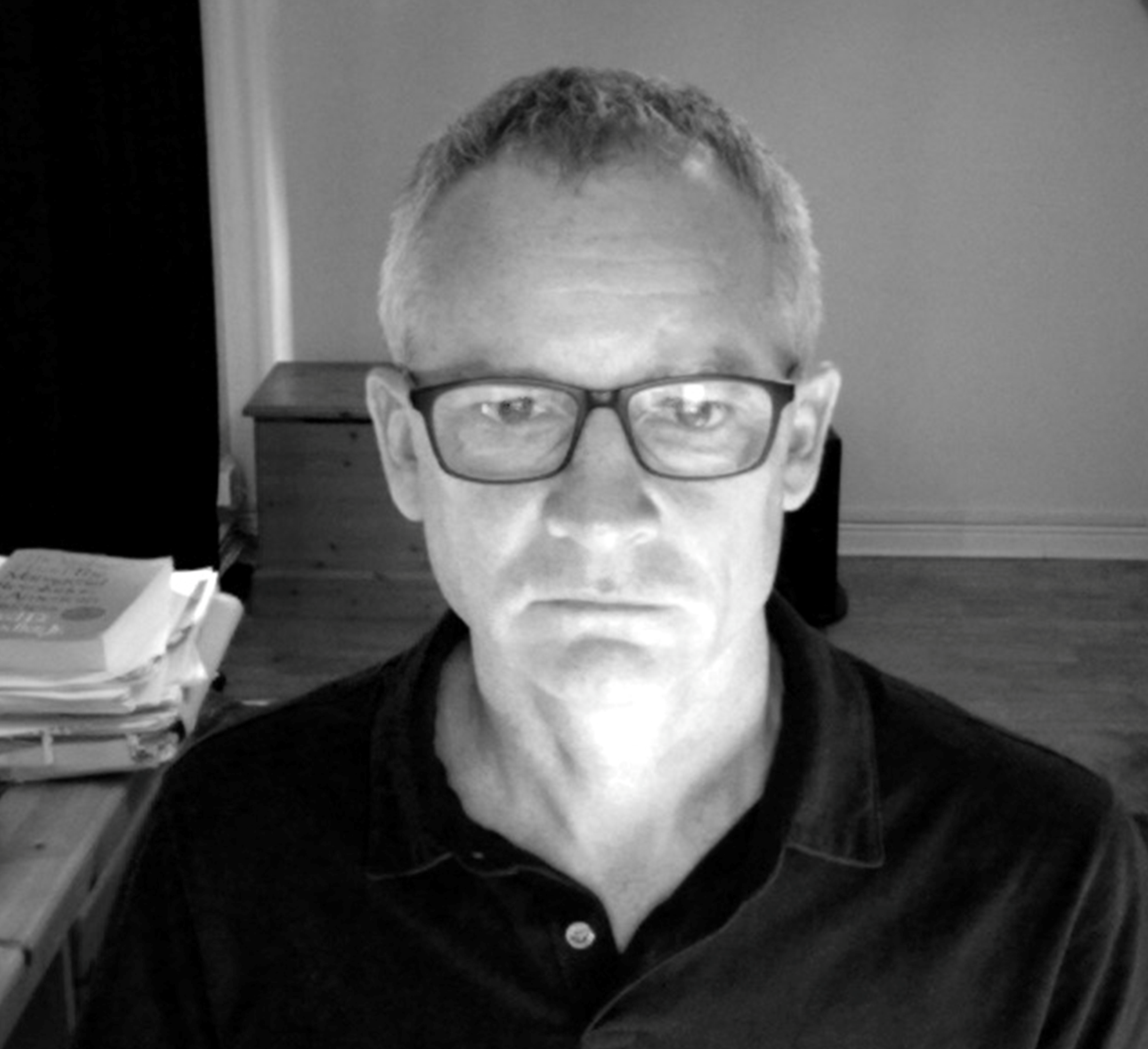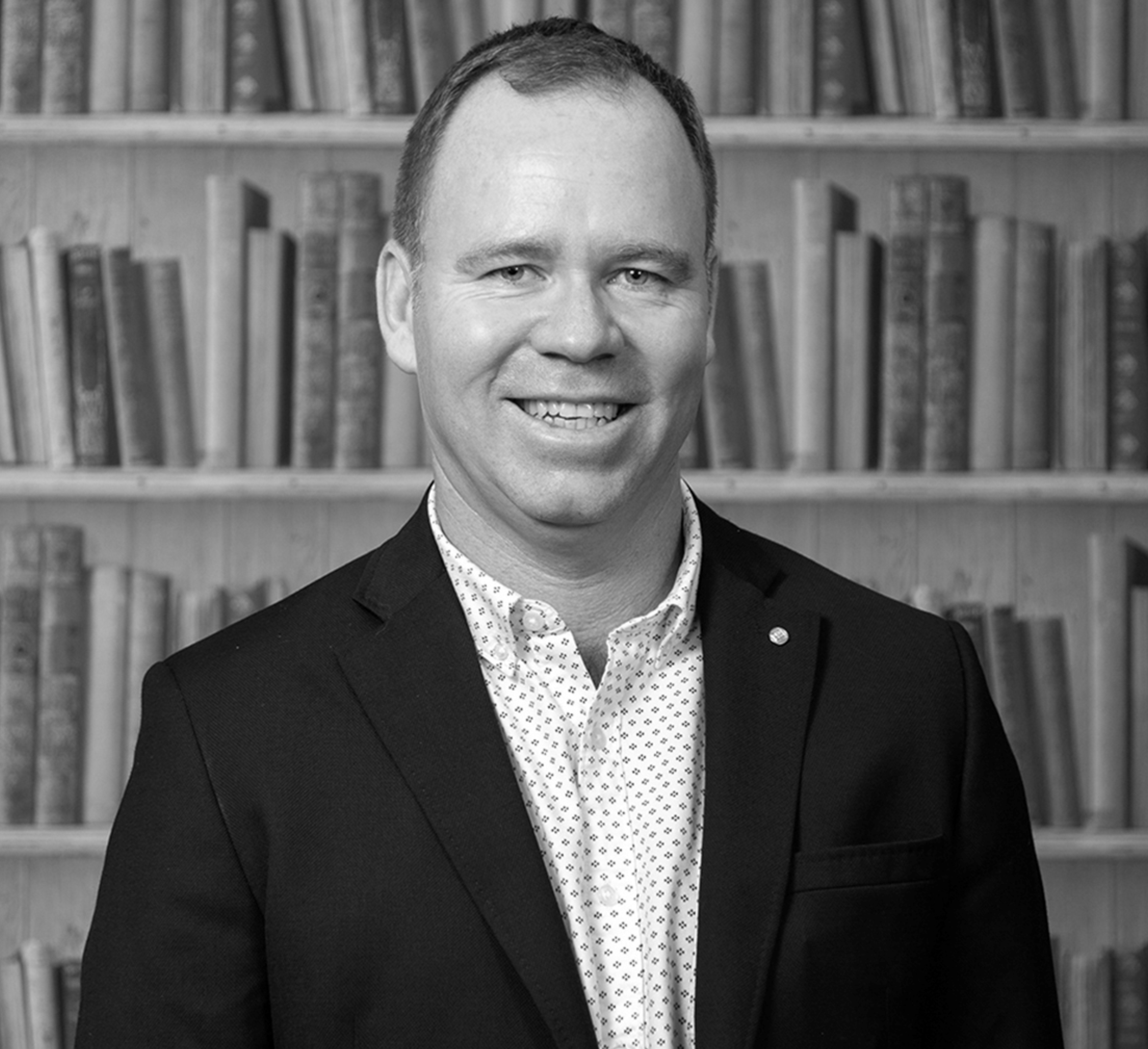38: Jeff Miller
Chief Executive Officer – Grovest Corporate Advisory
“I would encourage anyone to do a CA because I think you just see and meet, understand and get exposed to so many different business opportunities”

Obtain a Certified Financial Officer CFO (SA) designation
This really is the Formula 1 of accounting designations. The CFO designation is internationally recognised and validates the years of toil and ingenuity it takes to reach to the top of your field. You’ll be part of an exclusive and powerful network of CFOs and finance executives.
As a CFO (SA) you get to share in a wide range of benefits. You gain status as an international finance executive and achieve your listing in the official CFO Directory. You will receive exclusive invitations to the CFO Talks events and get a chance to connect with knowledgeable thought leaders within the CFO community, covering all issues affecting the CFO including business, social, technical and global issues.
For more information go to: https://saiba.org.za/cfo/
CIARAN RYAN: This is CFO Talks and today we’re joined by Jeff Miller, he is the chief executive officer of Grovest Corporate Advisory, which is an administrator and fund manager specialising in 12J and private equity. We’re going to get to what 12J is exactly in a minute but welcome, Jeff.
JEFF MILLER: Thanks for having me, Ciaran.
CIARAN RYAN: The private equity space in South Africa, at the moment, one looks at companies like Ethos and Brait, are they not having a tough time?
JEFF MILLER: Ciaran, they are very large private equity companies that make large investments with big cheques. Grovest Corporate Advisory plays in smaller-type investments in the Section 12J and smaller private equity-type investments, where we see that there’s quite a lot of deal flow out there and lots and lots of opportunity.
CIARAN RYAN: We better talk now about 12J and that’s 12J in terms of the Income Tax Act and so there are tax benefits to people who invest via a 12J vehicle, just explain that.
JEFF MILLER: 12J is a piece of legislation in the South African Income Tax Act that allows investors who invest in a Section 12J venture capital company to a 100% deduction from their taxable income in the year in which the investment was made. So that really means that a person who invests R1000 would get R450 back from the receiver, assuming that they pay tax at the marginal rate, so their risk capital is only R550 but they have R1000 working for them. So the risk-adjusted return is great and to date the market is growing, it’s a new asset class and, like I say, growing from year-to-year.
CIARAN RYAN: One of the articles I read showed that there are about 100 different companies that had formed for the purposes of attracting investment through the 12J concession.
JEFF MILLER: In fact, there’s a lot more, the last time I looked there were close to about 170 Section 12Js looking for capital, all having different mandates. So you have various mandates, you have quite a lot in hospitality, in tech, in energy, in rental of assets and then obviously investments in smaller SMEs via private equity-type investments.
Uplifting rural communities through investment
CIARAN RYAN: Just give us a description of some of the investments that you have done or that you are looking at, is there a particular theme to the companies that you’re interested in?
JEFF MILLER: As Grovest Corporate Advisory we are promoters of ten of our own funds, we manage on behalf of third parties another 40-odd funds, so we are obviously a stakeholder in this environment. But of the ten funds that we are actually promoters of represent all different mandates, we’ve got two hospitality funds, one of which is an impact fund, which is a joint venture with the Mdluli community in the Kruger Park, where the community was dispossessed of their land during the apartheid era, they were given the right to develop a 200-bed lodge and together with the community we actually went and developed this lodge and we’re about to open on January 15. It’s creating lots and lots of jobs, downstream jobs as well and it’s an absolute success story. We also have investments in various energy-type products, one is corporate and industrial, we also do body corporate, domestic, residential-type investments, which is really where we take the customer off the grid, we provide them with solar systems, as well as battery storage, so they are completely independent of Eskom and the like.
CIARAN RYAN: That’s an interesting subject, let’s just explore that quickly before we go on because the cost of going off the grid, I had a look at this a little while ago, and if you’ve got a house in the Johannesburg area and when I was enquiring about this I think it was coming to about R250 000 if you wanted to go off the grid and that wasn’t even completely off the grid. That was not including your battery storage. Give us a little bit of the economics of that.
JEFF MILLER: Ciaran, you must have a very big house [laughing].
CIARAN RYAN: Has it got cheaper?
JEFF MILLER: Each year the cost of solar has dropped dramatically, obviously a lot of the stuff is imported so we have the exchange rate that may have gone against us but generally the cost of setting up solar is very cheap and the average house is around R100 000, and that’s quite a large house, I would say 500 or 600 square metres undercover, and small houses will obviously be a lot cheaper. That’s excluding battery storage, with battery storage you probably are looking at around R200 000.
CIARAN RYAN: So the battery storage, from what I understand, will only give you 15 minutes of power?
JEFF MILLER: No, no, the batteries today can last for up to eight hours.
CIARAN RYAN: Really?
JEFF MILLER: Yes, and you can run your whole house, with stoves and so on.
CIARAN RYAN: Does that include the solar geyser?
JEFF MILLER: Yes, the geysers, the pools, the stoves, your lighting, all that type of stuff. It’s becoming very sophisticated, so how the Section 12J works is that they actually put the kit on your house or on the commercial and industrial buildings at no cost and what they do is then they charge an electricity fee on usage to the off-taker and they peg the escalation rate, which is also great because then you are not subject to the question mark increases that Eskom may impose.
CIARAN RYAN: So you’re not really laying out capital, the gear is installed and what you are doing is you are paying a monthly fee, is it based on use?
JEFF MILLER: Yes.
CIARAN RYAN: Equivalent to what, the Eskom rate at the moment?
JEFF MILLER: You’ll probably start at the Eskom rate and then it increases at around about 8% per annum and at least you know what you are in for, you’re not in for any surprises.
CIARAN RYAN: Okay and who’s going for this, is it businesses, is it residences?
JEFF MILLER: We see a huge demand for capital-intensive industry that are running huge machinery, which draws a lot of power and we see that the domestic body corporates and these large housing developments are using it.
CIARAN RYAN: I was up in Zimbabwe quite recently and I noticed there – that’s where I grew up – of course, they have 18 hours a day with no power, so everybody there has got some backup system, whether it’s a generator or whatever. But you are starting to see now a lot of these more sophisticated-type systems coming in, even hybrid systems with a bit of a wind turbine and solar mixed together, in the business parks, even in residential complexes they are starting to put them in. I was looking at this and saying is this the future, is Eskom going to get that bad. I can’t answer that question right now but if you really want to see how people cope in a dysfunctional-type country, in a failed economy, there’s your evidence of it there.
JEFF MILLER: But you don’t even have to see it in a failed economy, you can go into Europe and very established countries today are all using PV, it’s well documented, tried and tested engineering. It’s been around for 100-odd years, the only thing that’s happening is the price is coming down and I think Eskom is not doing themselves any favours and it’s great advertising and marketing for the PV business.
“I still believe that my degree and my articles were a fantastic foundation for any businessperson”
CIARAN RYAN: Jeff, let’s just step back for a minute and talk about you and where you grew up, I just found out that you grew up just down the road from me in Sandringham in Johannesburg, and you’re a chartered accountant. So give us a little bit about your background, where you went and how you ended up at Grovest.
JEFF MILLER: As I told you earlier, I grew up in Sydenham, I went to Sandringham Primary School and Sandringham High School in Johannesburg and then I went to Wits University. I then did my articles and studied part-time while I was doing my articles at Kessel Feinstein, which became Grant Thornton and then subsequently BDO. I was never going to stay in the profession but I still believe that my degree and my articles were a fantastic foundation for any businessperson and I would encourage anyone to do a CA because I think you just see and meet, understand and get exposed to so many different business opportunities. So I went out into the business world, my first job was with one of my clients and then I left and I set up a handbag business, which I then listed seven years later on the JSE in 1997 as Brandcorp, where I was a co-founder. Then it was sold to Ethos by MBO, and it was later sold to Bidvest. After I left there, I put the whole deal together at Brandcorp, I got into private equity, a boutique unit, Transatlantic, that was then sold to PSG at the time. I’ve been in many, many industries, I’ve been in retail, I’ve still got a chain of bridal and men’s stores, Bride & Co and Eurosuit. My hobby was – some people collect stamps – I used to invest in businesses, backing entrepreneurs, I was looking for a home to put my investments into and I came across Section 12J hidden in the Income Tax Act, one thing led to another, it was very immature legislation at the time. I then went and approached Malcolm Segal, who I was article to at Grant Thornton, to come and join me. Malcolm had just left Sasfin and somehow I convinced him to join me. Together we went out and we started lobbying anyone who would listen, but it included Treasury, SARS, CIPC, we were invited to the Davis Tax Committee and we managed to take a piece of immature legislation and move it to where it is today. Today the industry is about an
R8 billion industry and growing and we’re very excited, it’s become its own asset class, it’s very legislated, people are very aware of Section 12J today, they are beginning to trust it and it’s growing from strength to strength.
CIARAN RYAN: Do you see it having an impact on the economy the way that the government intended?
JEFF MILLER: I think all things work out differently to how they were originally intended. But I am saying that government has now put a cap on the amount that you can invest in Section 12Js, R2.5 million for individuals and R5 million for companies, which I think was a little short-sighted and I believe that it’s because obviously the fiscus needs a tax for the short term. I think for the long term I don’t think they are doing themselves any favours because these are very legislated vehicles that we are creating, we’re creating lots of jobs and, in fact, we’re currently doing a study, which is the 12J Association of South Africa, where I sit as a board member, we’re doing a downstream study to understand the cost of the jobs versus the tax leakage. In our opinion in this particular programme the jobs that we are creating are far cheaper than most of the programmes that government has put in place to date. This piece of legislation, if I can go back, came out of the UK called VCT, venture capital trust, which is a £1 billion industry. In fact, the tax that they give up and the tax that they generate from the VCT companies are now equal and they’ve created lots and lots of jobs. These businesses, entrepreneurs, have now got the ability to grow because they couldn’t get that capital from anywhere else from traditional sources previously.
CIARAN RYAN: So what you’re saying is there is no loss to the fiscus now, although they are foregoing tax revenue in the short term, basically after a few years it starts equalising and so you start generating tax in the later years.
JEFF MILLER: Absolutely, through highly compliant and legislative vehicles because in order to be a Section 12J you have to be registered with the FSCA, the old FSP, and you have to be registered with SARS. So they are all public, unlisted companies or private companies, they all have boards and investment committees, and audit and risk committees. So they are all paying VAT, they’re paying PAYE, they’re paying dividends tax and then there’s capital gains tax, of course, on the exit. So there’s a huge amount of tax that is generated through a compliant vehicle.
CIARAN RYAN: Just go back to the 12J, are there particular themes that are beginning to emerge from these, where is the deal flow coming, is it a certain type of industry, is it creating jobs, for example, in the townships, where they are needed?
JEFF MILLER: We’ve got another fund called a WDB Growth Fund, which is in partnership with WDB Growth Fund Investments, and that’s an impact fund that focuses only on black entrepreneurs, it must be 51% black-owned, using ED and SD money from corporates and that in itself is not necessarily in the townships but it’s actually assisting previously disadvantaged entrepreneurs who could never get that type of money. As I said, Mdluli, which is not only in the townships, it’s in rural areas and it’s created something like 120 permanent jobs running the lodge and probably similarly the same while they were building the lodge, and there was skills transfer for those who built the lodge. I think that it’s not in the townships, it’s not in the rural areas, I think it is all over, but one would go where the opportunity arises.
CIARAN RYAN: Talk for a minute about your influencers in your career, I can see that you’ve got experience, you’ve got a bit of grey hair there, Jeff…
JEFF MILLER: I’ve got lots of grey hair [laughing].
CIARAN RYAN: Who were the influencers and people who guided you on this path?
JEFF MILLER: My first mentor was a guy by the name of Russell Gaddin at a company that I joined after I left articles, a company called WIN Corporation. He really taught me attention to detail and work ethic. Malcolm Segal, who I was article to, was also one of my mentors. One of the credos in my life is to continue learning, so I am always reading, learning, trying to understand and grow and listen, and I think that’s what it’s all about.
CIARAN RYAN: Have you got any good books that you can recommend?
JEFF MILLER: Currently I am reading Shoe Dog: A Memoir by the Creator of Nike by Phil Knight, it’s very interesting.
CIARAN RYAN: What did you find interesting about that?
JEFF MILLER: Just how it started…
CIARAN RYAN: He nearly went bust in the early years.
JEFF MILLER: He was just focused, and he put his head down and he stuck to his guns and look where it is today.
“Being an entrepreneur means more bad days than good days”
CIARAN RYAN: Do you subscribe to this theory that – because you’re a bit of a serial entrepreneur, you’ve listed a whole bunch of businesses that you were involved in – do you subscribe to this theory that unless you’ve tasted the cold harsh winds of imminent bankruptcy, you’re not really a fully baptised entrepreneur?
JEFF MILLER: Well, being an entrepreneur means more bad days than good days. In order to be a successful entrepreneur, you have to really have passion and you need resilience because you fall off that horse a lot of times and you’ve just got to dust yourself off and get back on. Not many people can do that. But I think if you want to become an entrepreneur that’s something that you have to do, it’s long, long hours and you’ve just got to keep knocking on those doors.
CIARAN RYAN: You’ve got an accounting background, you’re a chartered accountant, to what extent is fiscal discipline, if I can use that, in the corporate sense, it’s like you’re the management of your money, to what extent is that vital to the growth of any business?
JEFF MILLER: Absolutely, that’s why I call myself a professional entrepreneur that I understand about cash flows, which is most important in any business, because one does get caught up and one can overtrade. One has to understand that just because you have a profit it doesn’t mean you have cash to spend and you need to reinvest it. So I think understanding the mechanics and stock turns and cash flows and number of days in debtors and all that type of stuff is very, very important when growing a business.
CIARAN RYAN: The business that you have at the moment, which is Grovest Corporate Advisory, this is keeping you pretty fully occupied, you’ve got quite a deal flow going by the sounds of things.
JEFF MILLER: Like I say, at the moment five of the funds are raising capital for this tax year, February 2020. So all guns blazing, we’re out there, we’re on the road, knocking down doors and peddling our wares.
CIARAN RYAN: Are you pretty optimistic about South Africa and where it’s going?
JEFF MILLER: Listen, South Africa, we’re going through a tough, tough time, there’s no secret about that but I am cautiously optimistic, I am an African. I am here to stay; I live here and I really think that there’s a lot of upside if we can get things right. I do believe that albeit it’s quite slow and we don’t really see it, in the back end those cogs are turning, and I think in the long term it will be good.
CIARAN RYAN: Great, I think we are going to leave it there, that was Jeff Miller, who is the chief executive officer of Grovest Corporate Advisory. Jeff, thanks very much for coming on.
JEFF MILLER: Thank you, Ciaran, thanks for having me.

